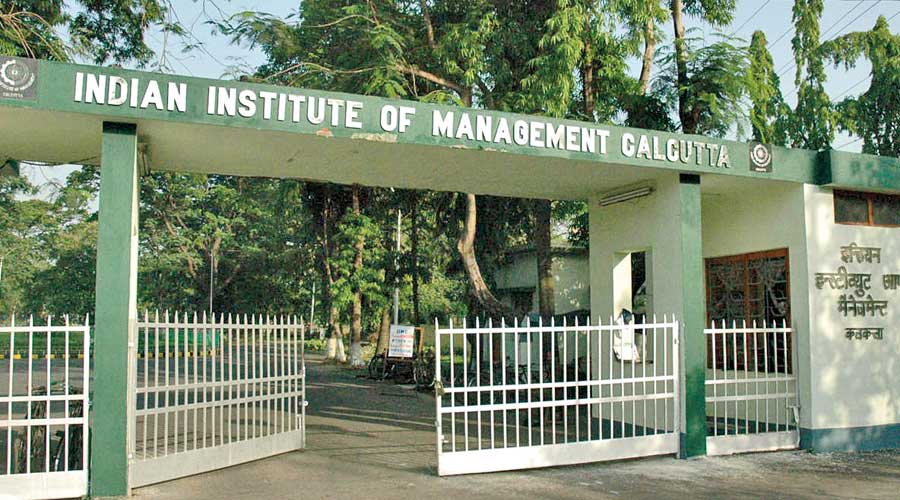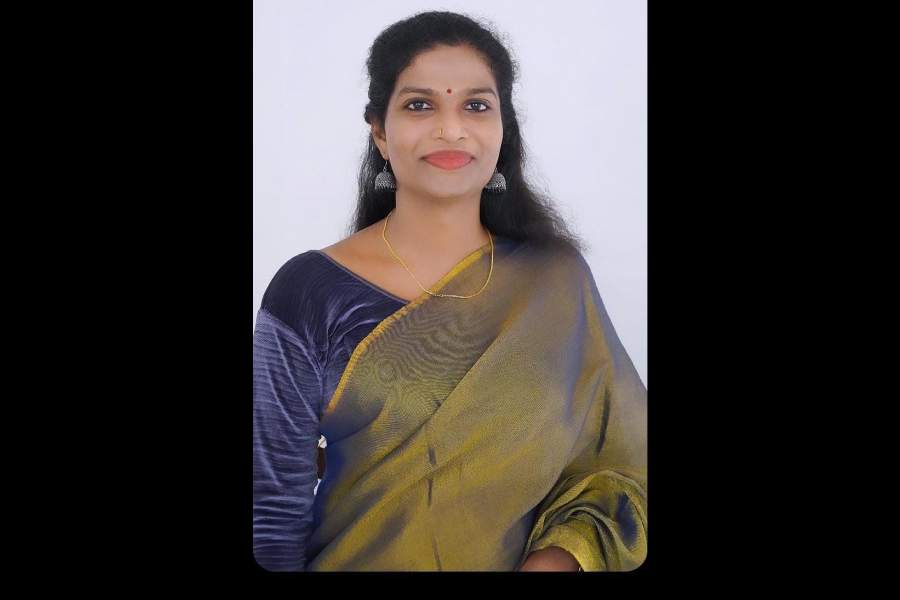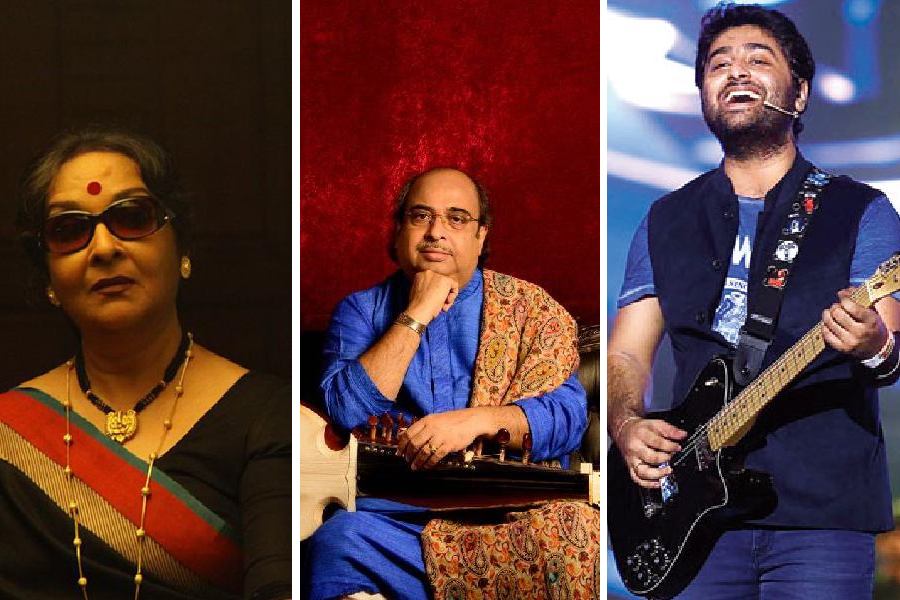IIM Calcutta has circulated among teachers and officials a code of conduct that says “members of the institute are not expected to publish anonymously, pseudonymously or in the name of any other person or organisation, materials that may bring disrepute to the institute”.
According to the code, the teachers of the institute will try to “avoid criticism of the institute in any media (print, audio, TV, social etc) that may bring disrepute to the institute”.
The code, which was approved last month at a meeting of the board of governors, the institute’s highest decision-making body, says: “No member of the institute community shall engage or participate in any demonstration which is prejudicial to the interests of the sovereignty and integrity of India, the security of state, public order or decency.”
In April, the B-school had circulated among teachers a draft code of conduct that articulated the institute’s resolve to gag dissent.
Teachers had then written back to the institute about their opposition to the draft code, citing examples of universities abroad that encouraged freedom of expression.
“The approval of the code suggests that apart from undertaking a few modifications or tweaking a few words, the institute has stuck to its resolve,” said a teacher.
The clause pertaining to “unauthorised communication of sensitive information” says no member of the institute will, “except in accordance with general or specific order of the competent authority… communicate directly or indirectly any official documents or information with any person with whom he or she is not authorised to communicate such documents or information”.
As many as 60 of the 76 teachers of IIM-C had written to the Union education ministry in December, expressing the fear that the board was mulling restrictions on their freedom of expression.
Teachers at the B-school said the final code did not deviate much from the draft and was in sync with recent efforts to destroy the atmosphere of plurality on campuses.
The draft had said, among other things: “No member shall in any Radio/TV broadcast, social media, electronic media, print media or in any document published anonymously, pseudonymously or in his/her own name or in the name of any other person… which has the effect of an adverse criticism of any current or recent policy or action of the institute.”











